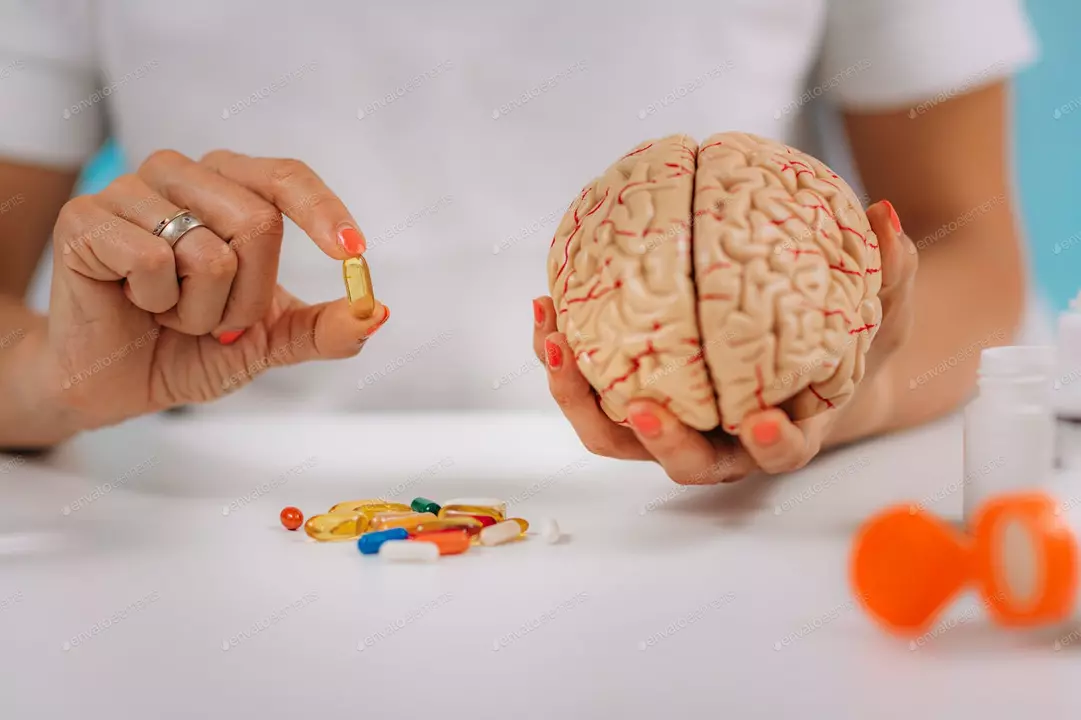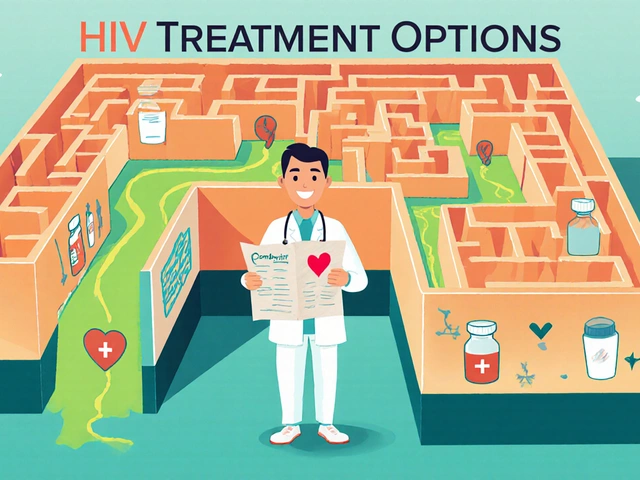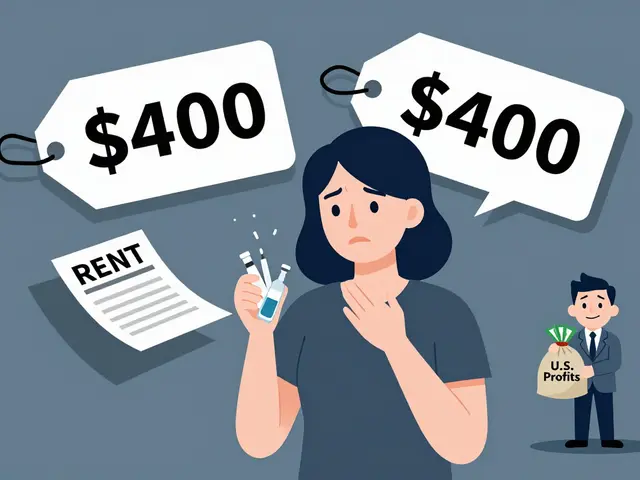Brain Health: Simple Steps to Better Memory and Focus
Want sharper memory and steadier focus without complicated jargon? Brain health is about habits you can start today: sleep, movement, food, and smart use of medicines and supplements when needed.
Sleep matters more than most people expect. Aim for 7 to 9 hours nightly and keep a regular bedtime. Deep sleep clears metabolic waste from the brain and improves memory consolidation. If you struggle to sleep, try a wind-down routine: low light, no screens an hour before bed, and a cool, quiet room.
Move your body. Aerobic exercise like brisk walking, swimming, or cycling boosts blood flow and supports brain cells. You don't need a gym - three 30-minute sessions per week make a real difference. Add two short strength sessions weekly to help with balance and long-term health.
Eat for your brain. Focus on whole foods: vegetables, fruits, fatty fish, nuts, seeds, and olive oil. Cut back on highly processed foods and sugary drinks. Small changes - swapping chips for walnuts or adding salmon twice a week - add up fast.
Medications and supplements: what to know
Some people benefit from prescription medicines for conditions that affect thinking, like Alzheimer's or ADHD. Drugs such as rivastigmine help certain types of dementia, while atomoxetine (Strattera) helps with attention in ADHD. Always talk to a doctor before starting or stopping any medication.
Supplements get a lot of attention. Omega-3, vitamin D, and B12 are common picks because deficiencies can affect mood and cognition. However, supplements are not magic. Test levels if you suspect a deficiency and follow dosage advice from a healthcare provider.
Everyday habits and when to seek help
Keep your brain active. Challenge your mind with learning, puzzles, or a new hobby. Social interaction also protects cognition - meet friends, join a class, or volunteer. Manage stress with short breathing breaks, walking, or talking to someone you trust.
Watch for red flags: sudden memory loss, confusion, repeated trouble with daily tasks, or mood changes that interfere with life. These need prompt attention from a clinician. A doctor can run simple tests, review medications that might cause problems, and recommend appropriate treatments or referrals.
Small consistent changes beat big bursts. Start with one habit this week - a short walk, an earlier bedtime, or adding a fish meal. Track what helps and keep your doctor in the loop when medicines or supplements are involved. Better brain health is practical, gradual, and possible for most people.
Protecting your brain also means controlling other health risks. Keep blood pressure, blood sugar, and cholesterol in range - those numbers affect tiny brain vessels and memory over time. Limit heavy drinking and quit smoking, as both speed cognitive decline. If you take several medicines, ask your pharmacist or doctor to review them since some pills cause confusion in older adults. Finally, use trusted sources when you search for answers; our site covers specific drugs and treatments so you can learn what to ask your clinician today.

The Impact of Hypertension on Cognitive Function
In my latest blog post, I explored the impact of hypertension on cognitive function. It's fascinating to learn how high blood pressure can negatively affect our mental abilities, such as memory and focus. I found that prolonged hypertension can cause damage to the brain's blood vessels, leading to cognitive decline. To maintain our brain health, it's crucial to manage hypertension through lifestyle changes and medications. Check out the full post for more insights and tips on how to protect our cognitive function from the effects of high blood pressure.
View More




